Flatbed trailers serve a multitude of purposes, providing businesses and individuals with a versatile option for transporting a wide spectrum of cargo, from construction materials to vehicles. Understanding the costs associated with renting a flatbed trailer can be pivotal for your logistics planning and budgeting. In this article, we explore the factors that influence the rental costs of flatbed trailers, breaking down price ranges, comparing options, and offering insights on making informed decisions.
Understanding Flatbed Trailer Rentals
What is a Flatbed Trailer?
Flatbed trailers are characterized by their open body, which allows for easy loading and unloading without the need for a ramp. This design is particularly beneficial for heavy or oversized loads, making them a popular choice across various industries, including construction, agriculture, and freight transportation.
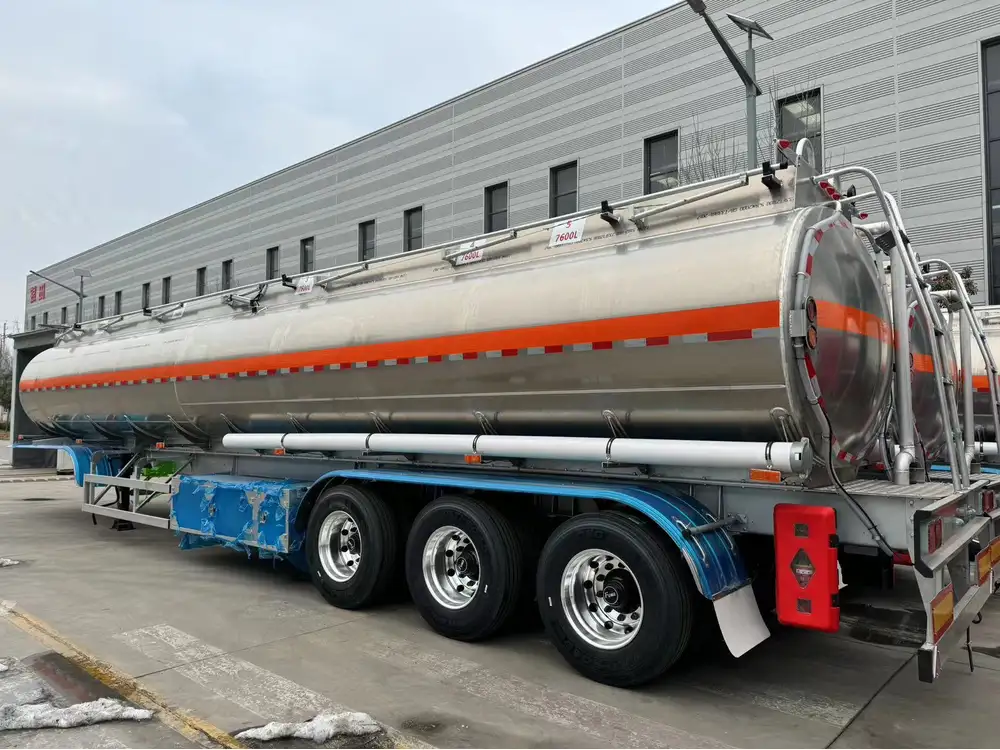
Types of Flatbed Trailers
Standard Flatbed Trailers: Common in general freight transportation, these trailers provide a straightforward platform for cargo.
Step Deck Trailers: Featuring a lower deck height, step decks facilitate the transport of taller loads that wouldn’t fit on standard trailers.
Lowboy Trailers: With a very low deck height, lowboys are ideal for moving heavy equipment and machinery that require stability during transport.
Stretch Flatbed Trailers: These offer extended lengths for oversized loads, providing additional flexibility for transportation.
Daily Rental Rates Overview
The rental costs for flatbed trailers can significantly vary based on several factors, including trailer type, duration of rental, geographical location, and supplier. Below, we provide a structured overview for better understanding:
| Trailer Type | Average Daily Rental Cost | Best For |
|---|---|---|
| Standard Flatbed | $150 – $300 | General freight |
| Step Deck | $200 – $350 | Taller loads |
| Lowboy | $250 – $400 | Heavy equipment |
| Stretch Flatbed | $300 – $500 | Oversized loads |
Factors Affecting Flatbed Trailer Rental Costs
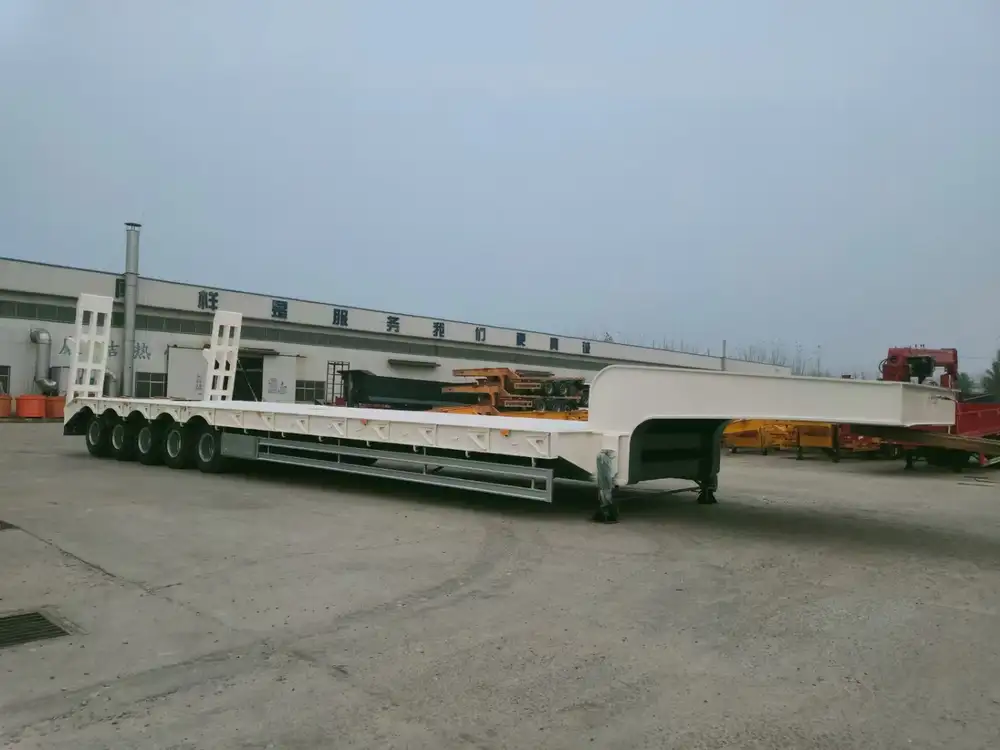
1. Geographical Location
Rental prices can fluctuate based on local demand and availability. Urban areas with higher demand may see elevated rental rates as compared to rural regions. For instance, renting a flatbed trailer in a metropolitan area may range from $200 to $400 per day, while the same rental in a less populated area may only cost $150 to $250.
2. Rental Duration
Long-term rentals often come with discounts compared to daily rates. While daily rentals provide flexibility, if your project requires an extended rental, inquire about weekly or monthly options, as taxes or fees may be reduced for longer commitments.
- Daily Rental: Best for short-term needs.
- Weekly Rental: Generally 15-25% less than daily rates if you need the trailer for several days.
- Monthly Rental: Offers significant savings, potentially 30-50% less than daily rates across a prolonged period.
3. Condition and Age of the Trailer
Newer trailers or those with additional features (e.g., integrated winches, enhanced safety features, etc.) can command higher rental rates. Make sure to inspect the condition of the trailer, as newer models may offer better reliability and lower maintenance risks.
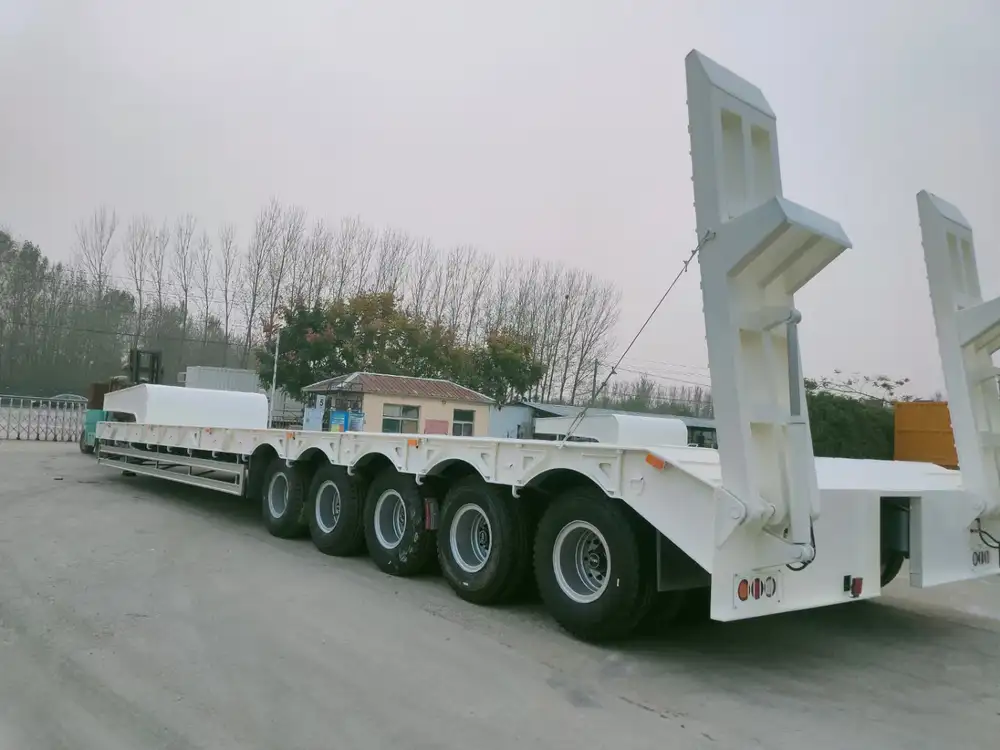
4. Demand and Seasonality
Certain seasons might see an increase in rental costs due to higher demand. For example, transporting construction materials tends to surge during spring and summer months. Planning accordingly can save costs.
5. Insurance Requirements
Many rental companies require renters to have insurance. This is because trailers can suffer damage or accidents. Insurance premiums can affect overall rental costs, so it’s essential to factor in this additional expense.
Hidden Costs Associated with Renting a Flatbed Trailer
Fuel Charges: Depending on the rental company, you may be responsible for fuel costs. Ensure to clarify fuel policies upfront to avoid surprises.
Mileage Overages: Some companies impose limitations on distance traveled, charging extra for exceeding set mileage limits.
Late Return Fees: It’s crucial to return within the agreed time. Late returns can incur hefty fees.
Safety Equipment Rentals: Depending on the load you’re transporting, additional equipment rentals (like straps or tarps) might be required, which could add to your total costs.
Cleaning Fees: Rental agreements sometimes include clauses for returning the trailer cleaner than received. Failing to comply can result in additional fees.
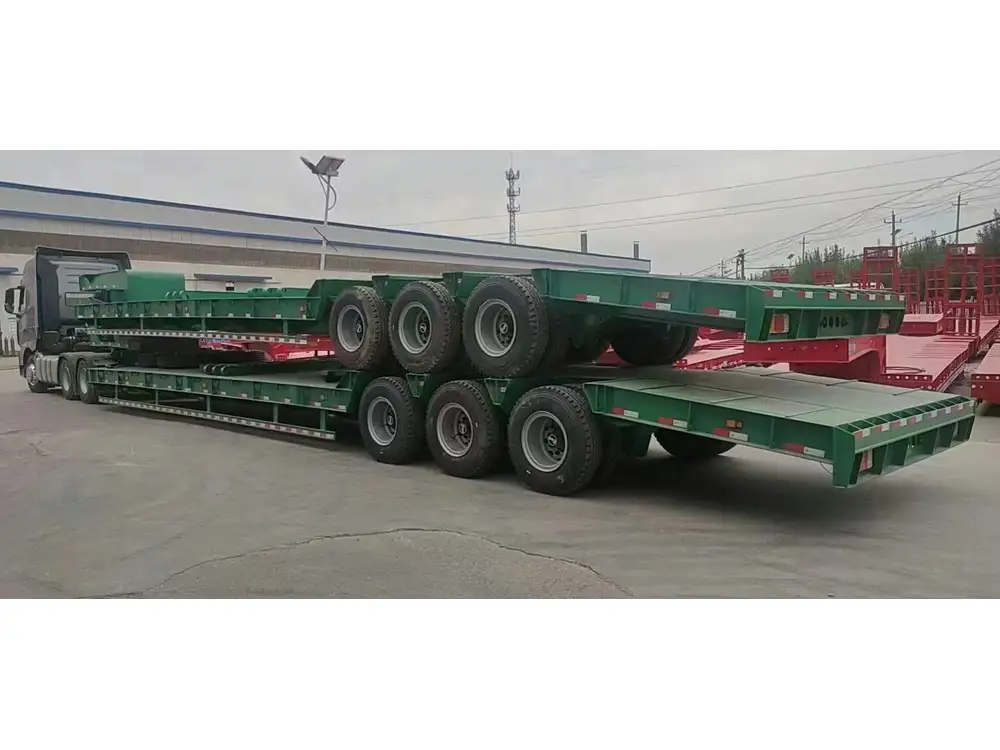
Where to Rent Flatbed Trailers
1. Local Rental Companies
Engaging with businesses in your proximity often provides you with alternate options, enabling a hands-on evaluation of the equipment before renting.
2. National Rental Chains
Many national companies operate across the country and offer standardized pricing and availability, making them a convenient option for those looking to secure a flatbed trailer.
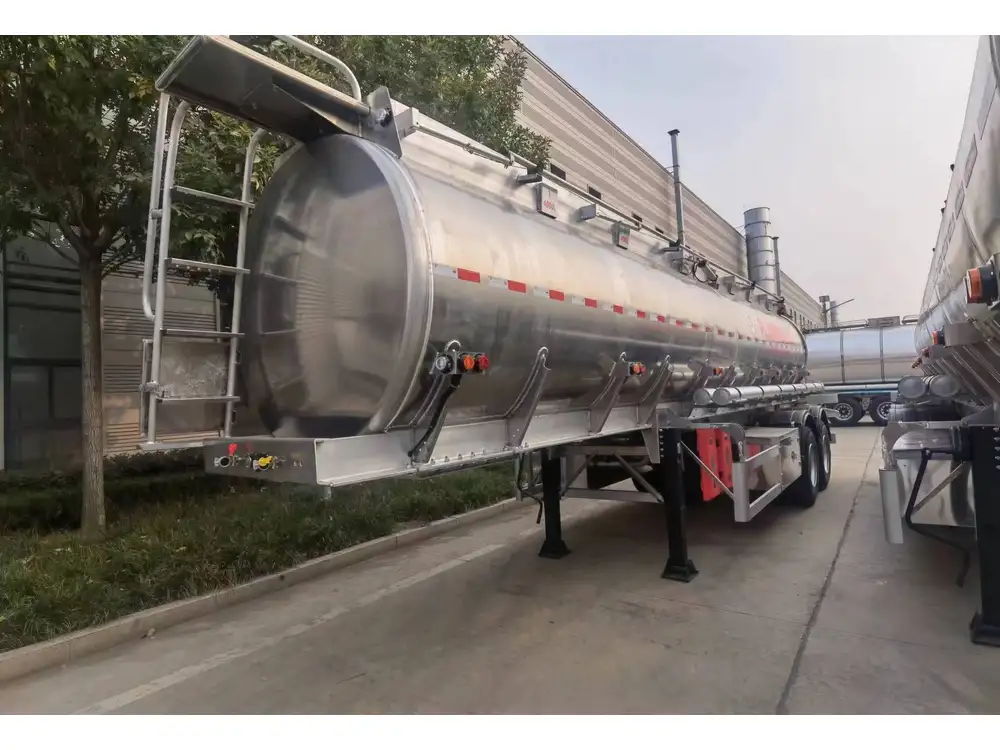
3. Online Platforms and Marketplaces
With the advent of technology, numerous online platforms allow users to compare rates and book rentals directly. These platforms often offer user reviews, enabling better decision-making based on prior customer experiences.
4. Construction Supply Companies
Suppliers that focus on construction materials may also have flatbed trailers available for rent. Leveraging their services can often yield benefits, like bundled discounts on material purchases.
Steps for Renting a Flatbed Trailer
Determine Your Needs: Understand the type of cargo, weight, and dimensions to select the appropriate type of flatbed trailer.
Shop Around: Compare prices from different rental companies to secure the best deal.
Review Rental Terms: Pay attention to rental agreements, noting conditions, limitations, and additional fees.
Inspect the Trailer: Upon picking up the trailer, examine it for any pre-existing damage. Document any issues with photos and report them to the rental company to avoid disputes later.
Check Necessary Equipment: Ensure that all necessary loading and safety equipment (like straps, tarps, etc.) are available and included within your rental agreement or rented separately if needed.
Return Procedures: Understand the process for returning the trailer, including fuel policies, cleaning requirements, and timing, to avoid late fees.
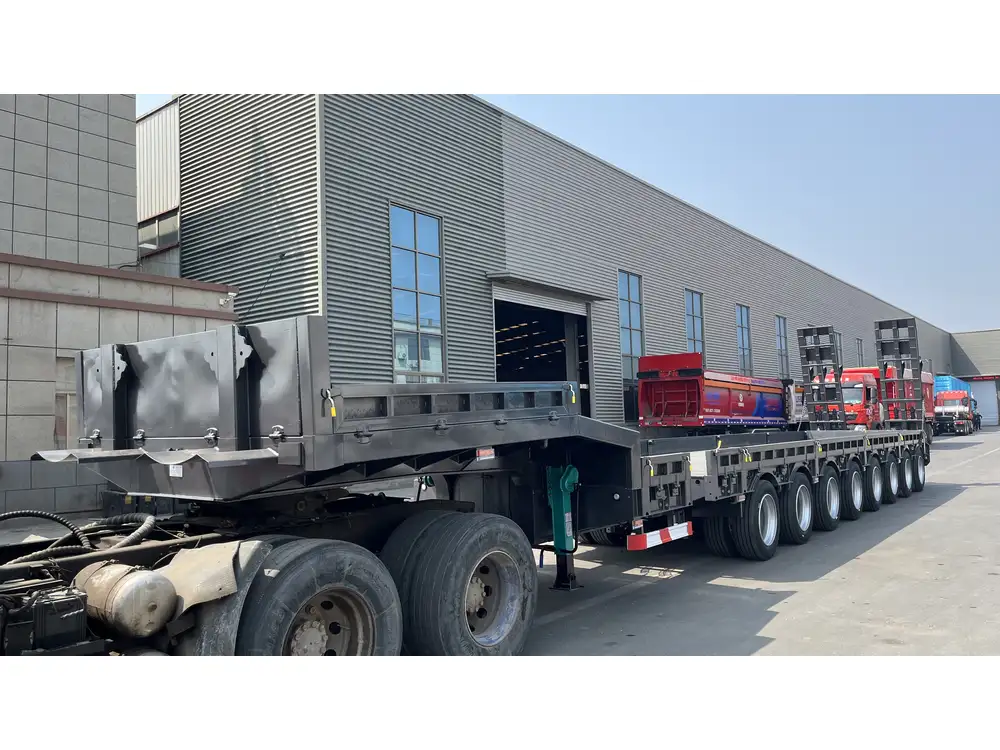
Conclusion
Renting a flatbed trailer can be a crucial component to streamline operations, whether for business or personal uses. By grasping the daily rental costs, understanding the influencing factors, and knowing how to manage the rental process, you will not only optimize your budget but also safeguard your cargo during transport.
In short, it’s essential to conduct thorough research, ask pertinent questions, and always clarify terms before committing to a rental agreement. With the right approach, renting a flatbed trailer can be a smooth and cost-effective solution for your hauling needs.
Call to Action
If you’re ready to explore your flatbed trailer rental options, reach out to us today to receive a customized quote based on your unique needs and ensure you make your next transportation project a resounding success!



